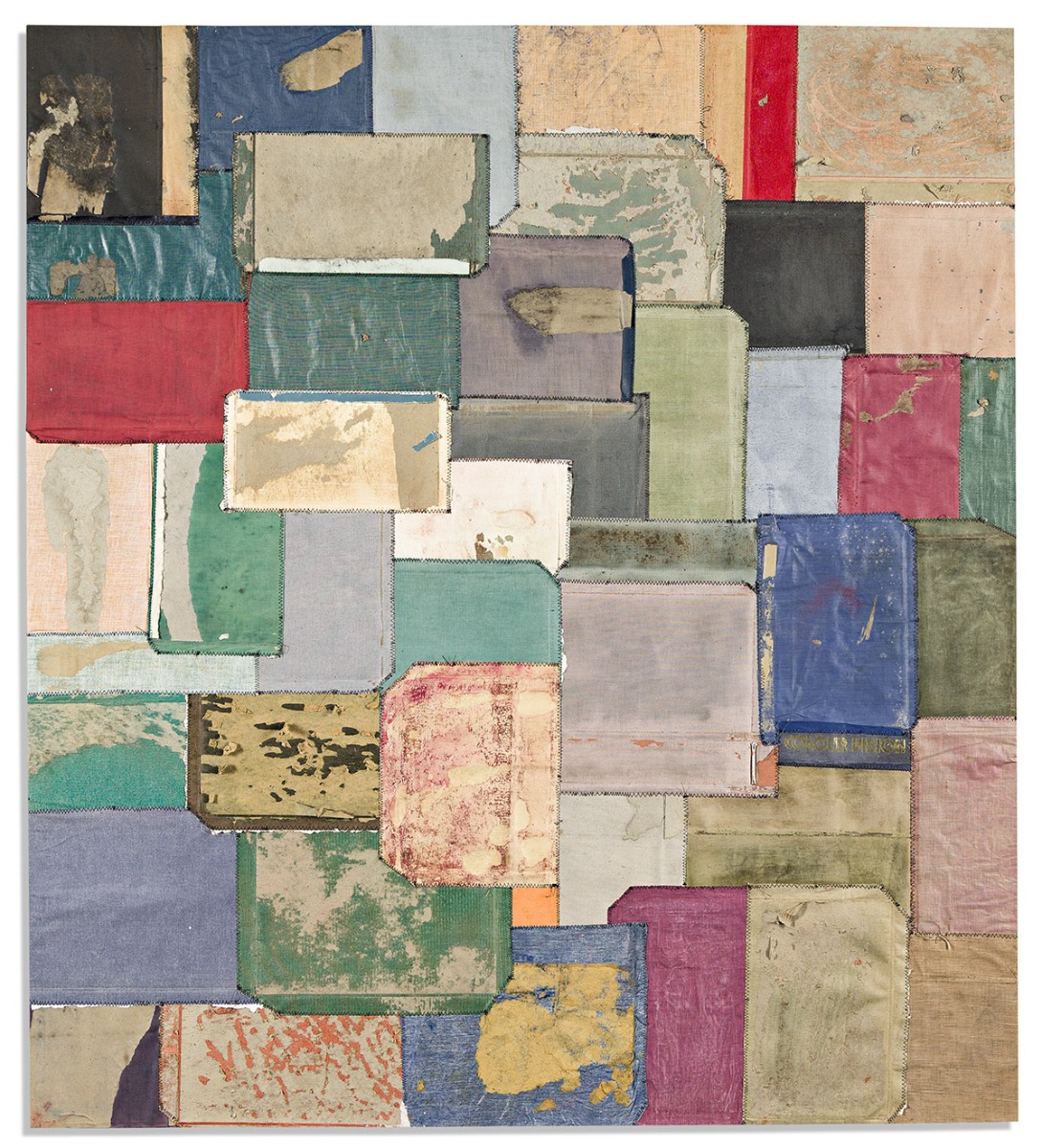
Specialist
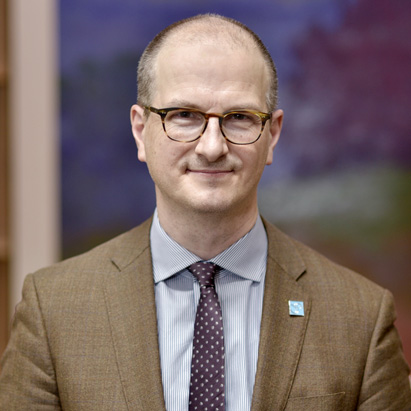
Exhibition Hours
Oct 14, 12–5; Oct 16, 12–5; Oct 17, 12–5; Oct 18, 12–5
Sale 2649 - Lot 15
Additional Images
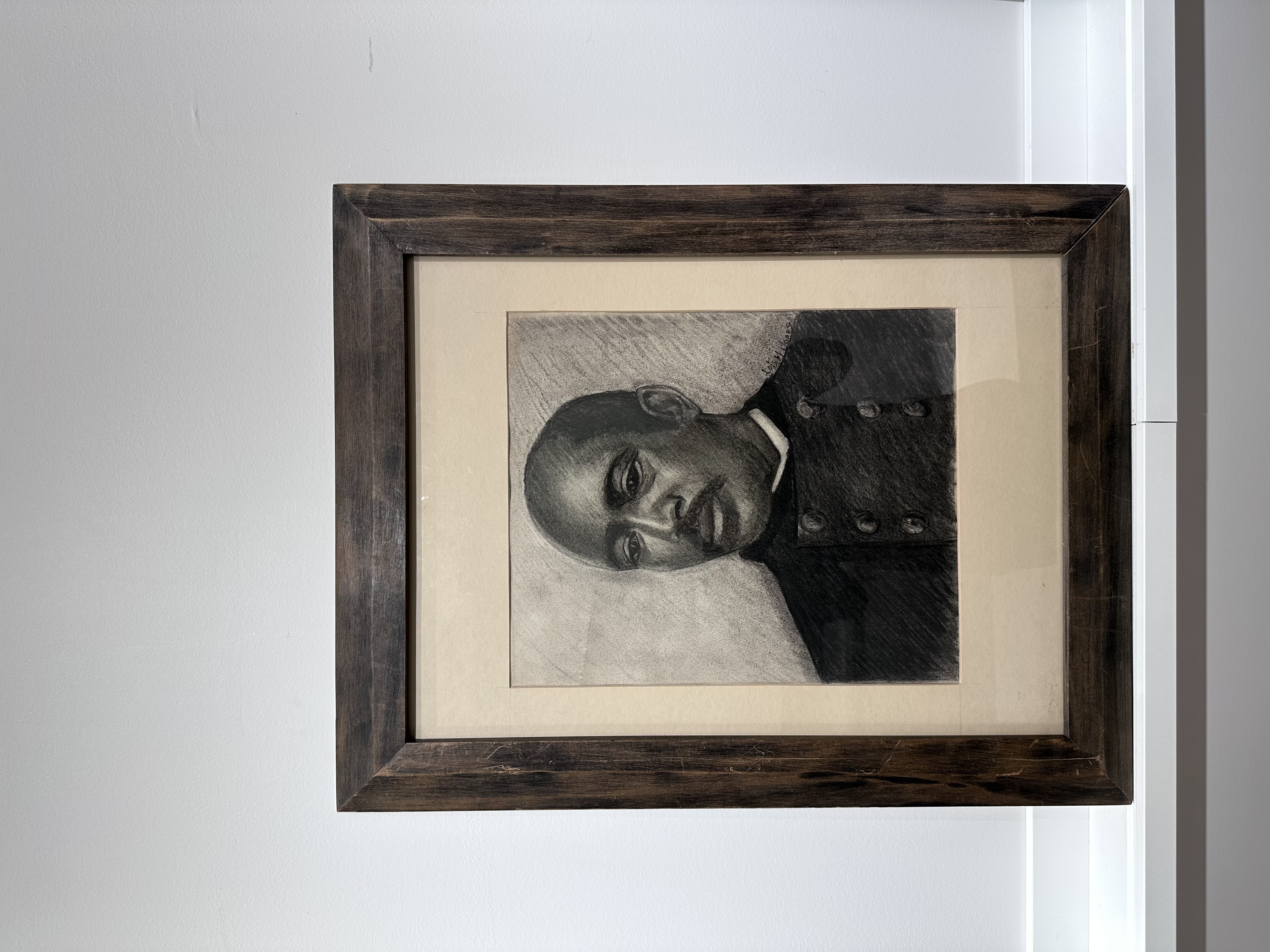
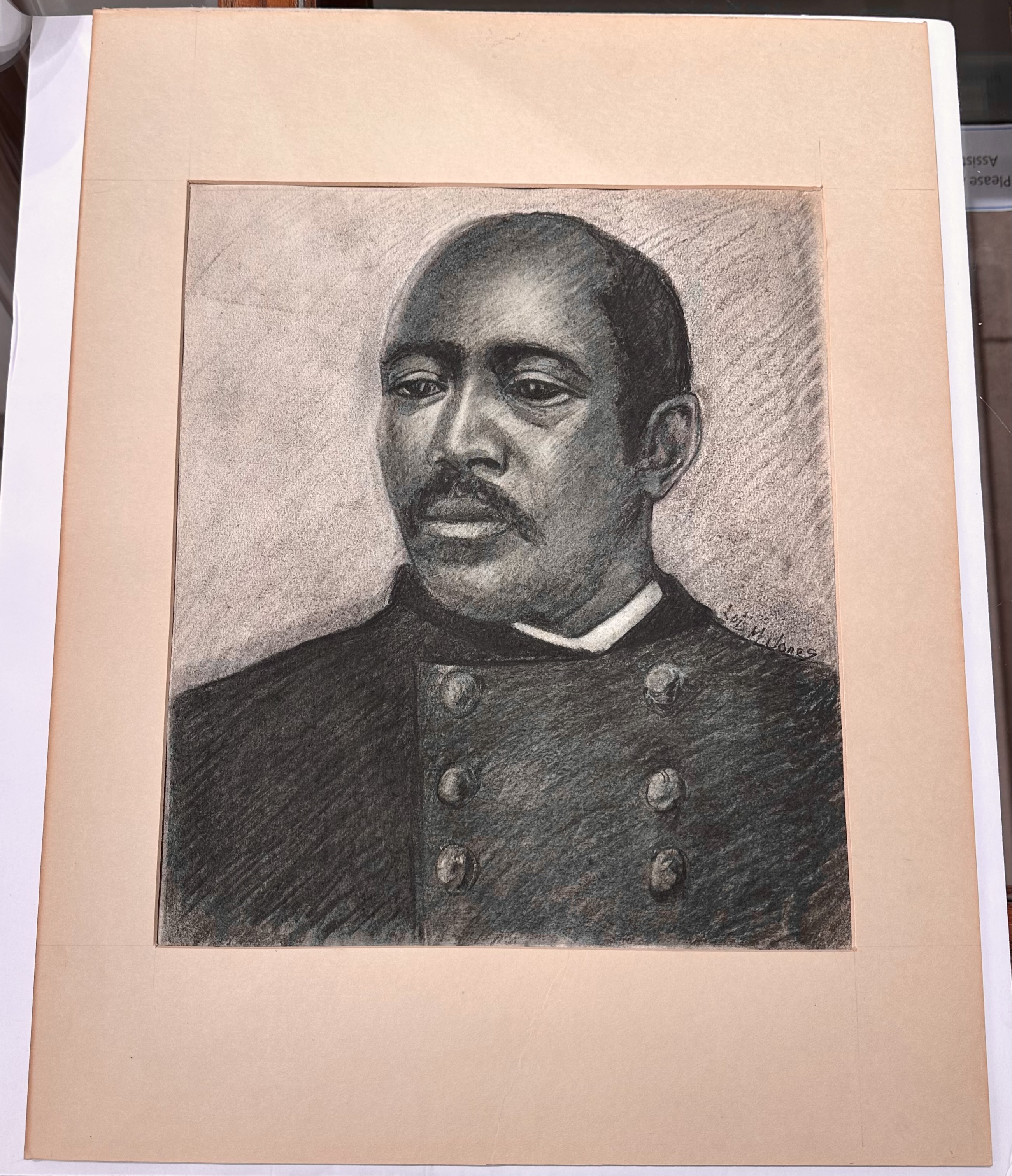
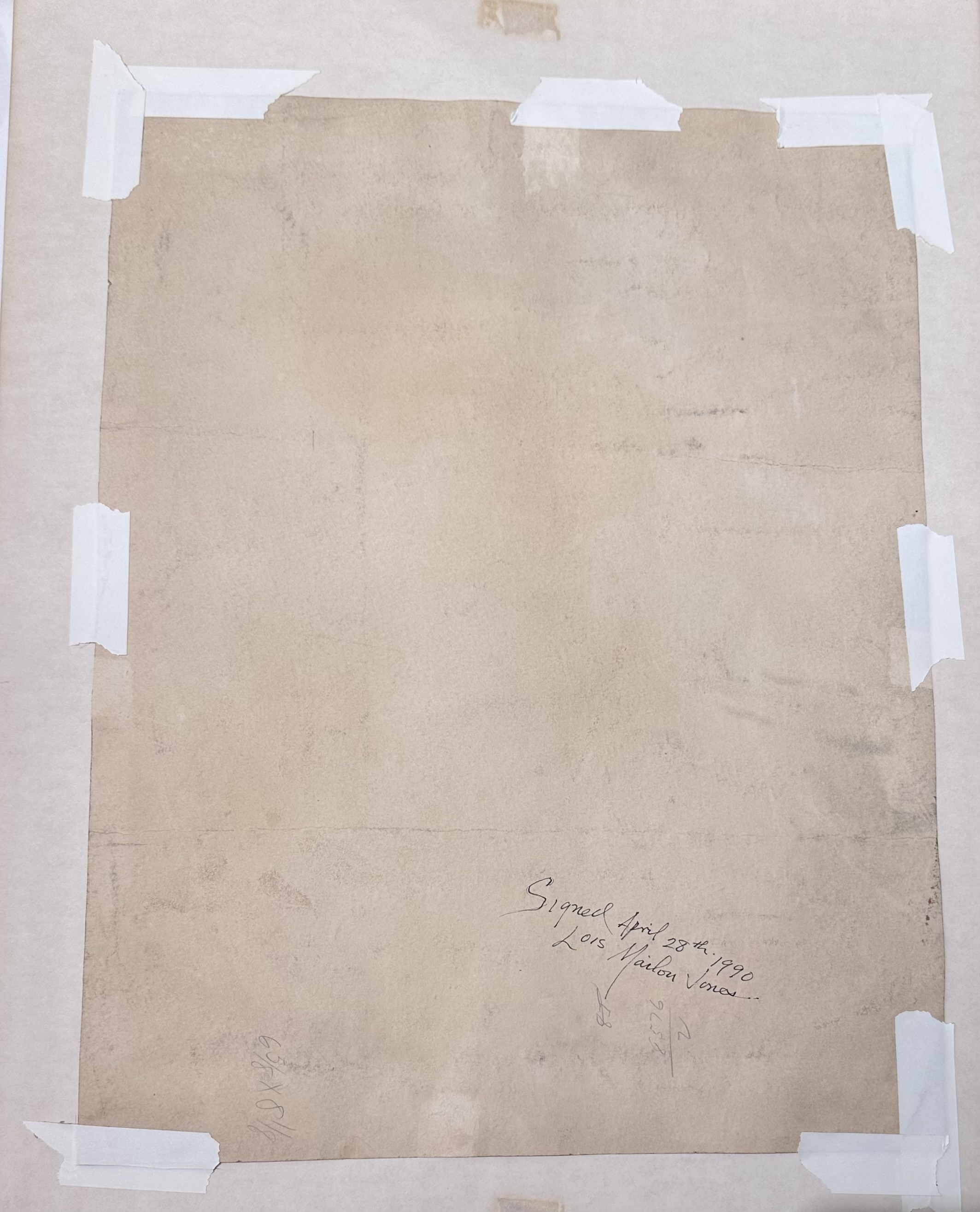
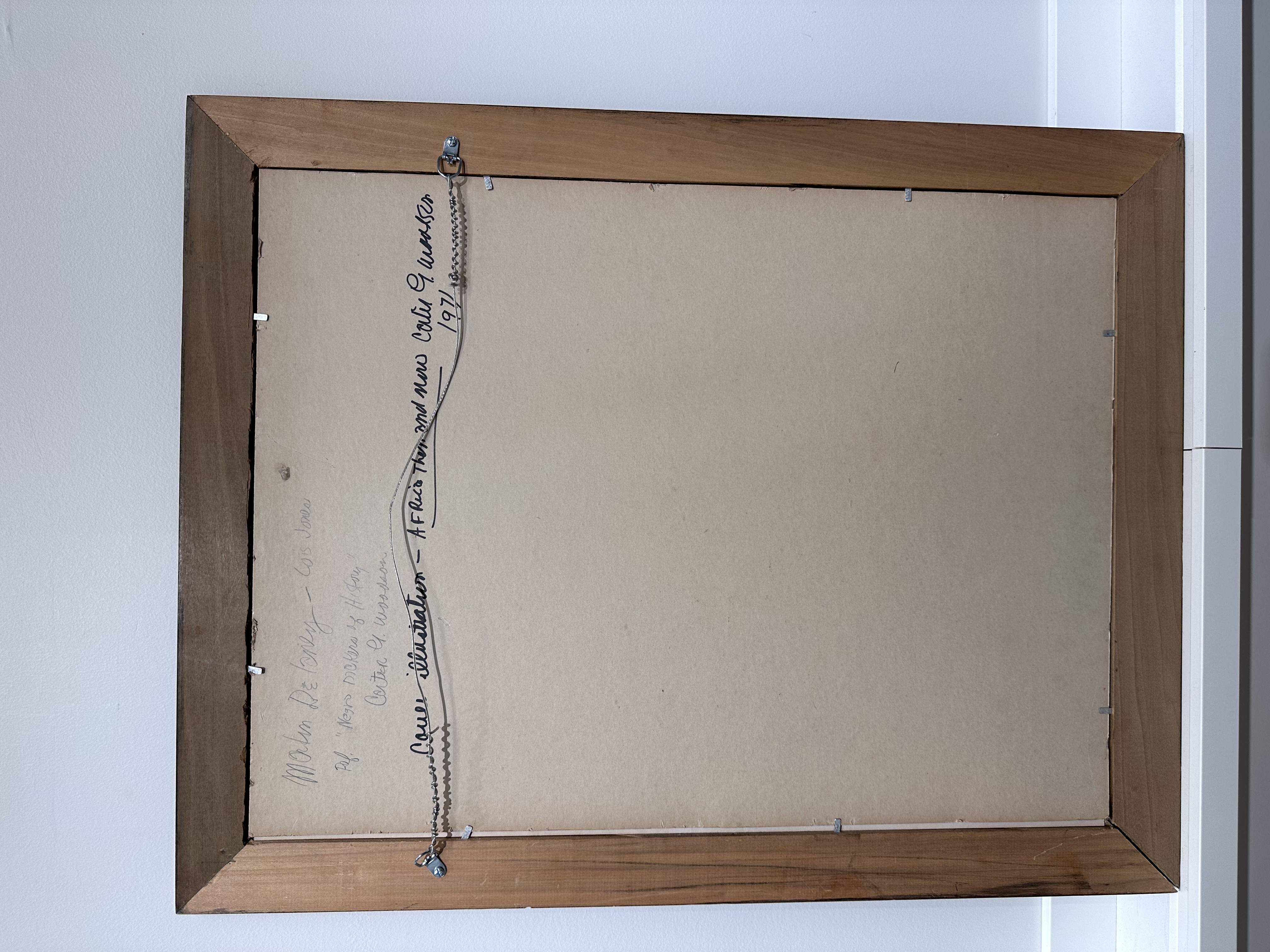
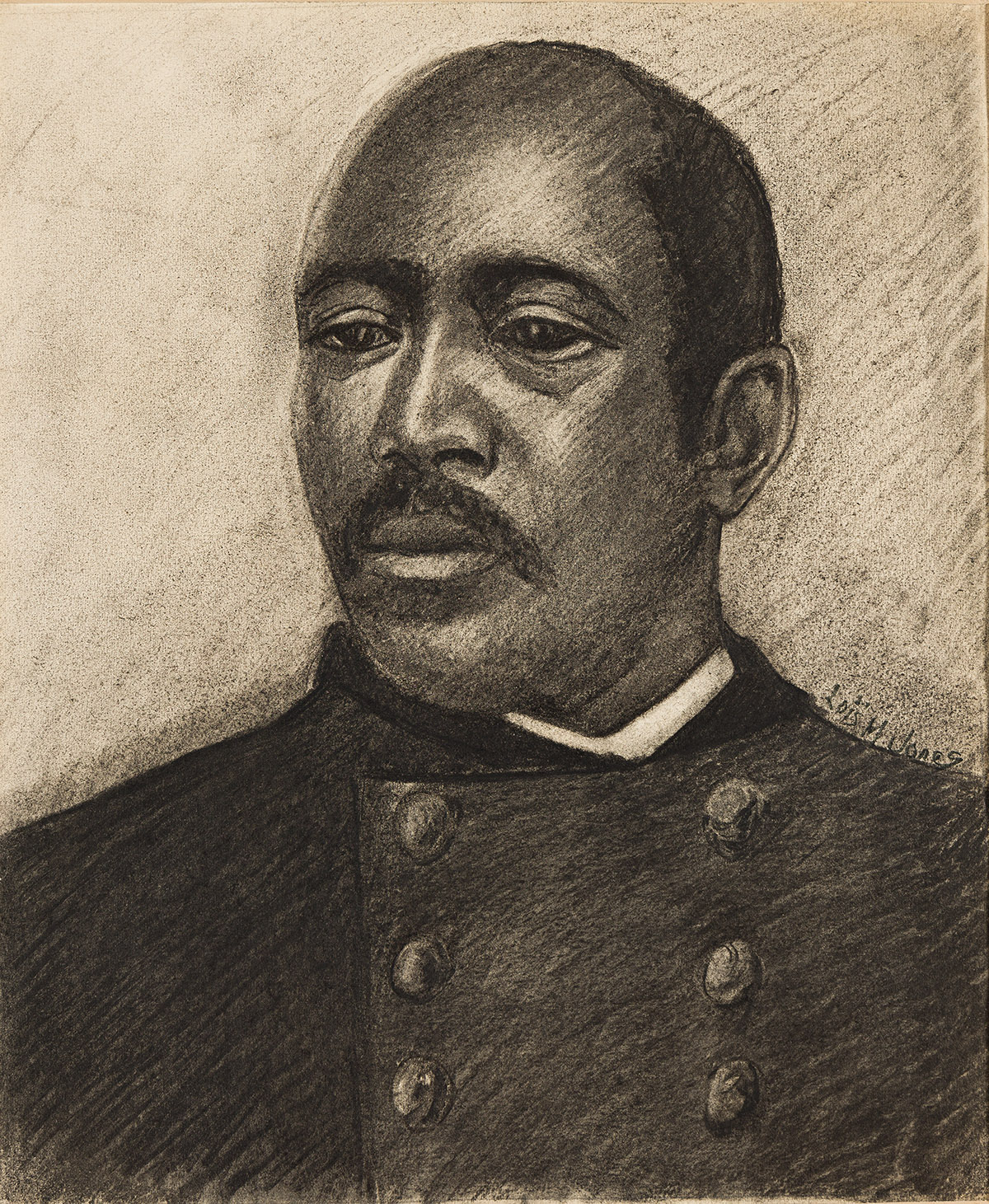








1 /
5







Sale 2649 - Lot 15
Estimate: $ 3,000 - $ 5,000
LOÏS MAILOU JONES (1905 - 1998)
Martin Delany.
Charcoal on buff wove paper, 1938. 406x330 mm; 16x13 inches. Signed in charcoal, lower right .
Provenance: the James K. Hill collection.
Illustrated: Carter G. Woodson, African Heroes and Heroines, 1939. This portrait drawing is one of 30 that Jones created for Carter G. Woodson's book.
According to Jones' inscription in ink on the frame back, this charcoal drawing portrait was also later published as a cover illustration for a 1971 publication of Carter G. Woodson's pamphlet African Then and Now.
Martin Robison Delany (1812 – 1885) was an American abolitionist, journalist, physician, military officer and writer who was arguably the first proponent of black nationalism. Delany is credited with the Pan-African slogan of "Africa for Africans." Born as a free person of color in Charles Town, Virginia, Delany trained as a physician's assistant. During the cholera epidemics of 1833 and 1854 in Pittsburgh, Delany treated patients, even though many doctors and residents fled the city out of fear of contamination. Beginning in 1847, he worked alongside Frederick Douglass in Rochester, New York to publish the North Star In 1850, Delany was one of the first three black men admitted to Harvard Medical School, but all were dismissed after a few weeks because of widespread protests by white students. Delany dreamed of establishing a settlement in West Africa. He visited Liberia, a United States colony founded by the American Colonization Society, and lived in Canada for several years, but when the American Civil War began, he returned to the United States. When the United States Colored Troops were created in 1863, he recruited for them. Commissioned as a major in February 1865, Delany became the first African-American field grade officer in the United States Army. After the Civil War, Delany went to the South, settling in South Carolina. There he worked for the Freedmen's Bureau and became politically active, including in the Colored Conventions Movement. Delany ran unsuccessfully for Lieutenant Governor as an Independent Republican.
Martin Delany.
Charcoal on buff wove paper, 1938. 406x330 mm; 16x13 inches. Signed in charcoal, lower right .
Provenance: the James K. Hill collection.
Illustrated: Carter G. Woodson, African Heroes and Heroines, 1939. This portrait drawing is one of 30 that Jones created for Carter G. Woodson's book.
According to Jones' inscription in ink on the frame back, this charcoal drawing portrait was also later published as a cover illustration for a 1971 publication of Carter G. Woodson's pamphlet African Then and Now.
Martin Robison Delany (1812 – 1885) was an American abolitionist, journalist, physician, military officer and writer who was arguably the first proponent of black nationalism. Delany is credited with the Pan-African slogan of "Africa for Africans." Born as a free person of color in Charles Town, Virginia, Delany trained as a physician's assistant. During the cholera epidemics of 1833 and 1854 in Pittsburgh, Delany treated patients, even though many doctors and residents fled the city out of fear of contamination. Beginning in 1847, he worked alongside Frederick Douglass in Rochester, New York to publish the North Star In 1850, Delany was one of the first three black men admitted to Harvard Medical School, but all were dismissed after a few weeks because of widespread protests by white students. Delany dreamed of establishing a settlement in West Africa. He visited Liberia, a United States colony founded by the American Colonization Society, and lived in Canada for several years, but when the American Civil War began, he returned to the United States. When the United States Colored Troops were created in 1863, he recruited for them. Commissioned as a major in February 1865, Delany became the first African-American field grade officer in the United States Army. After the Civil War, Delany went to the South, settling in South Carolina. There he worked for the Freedmen's Bureau and became politically active, including in the Colored Conventions Movement. Delany ran unsuccessfully for Lieutenant Governor as an Independent Republican.






